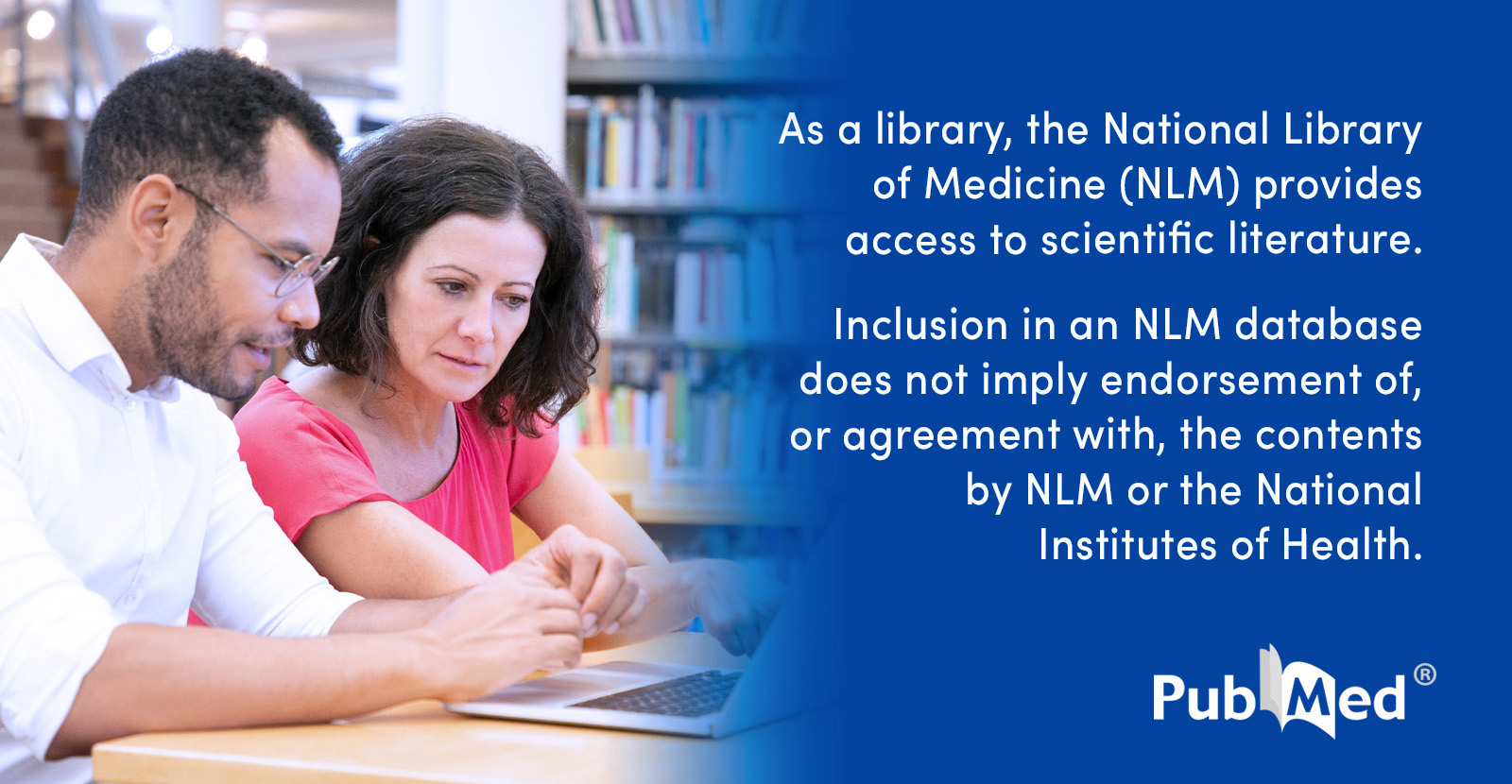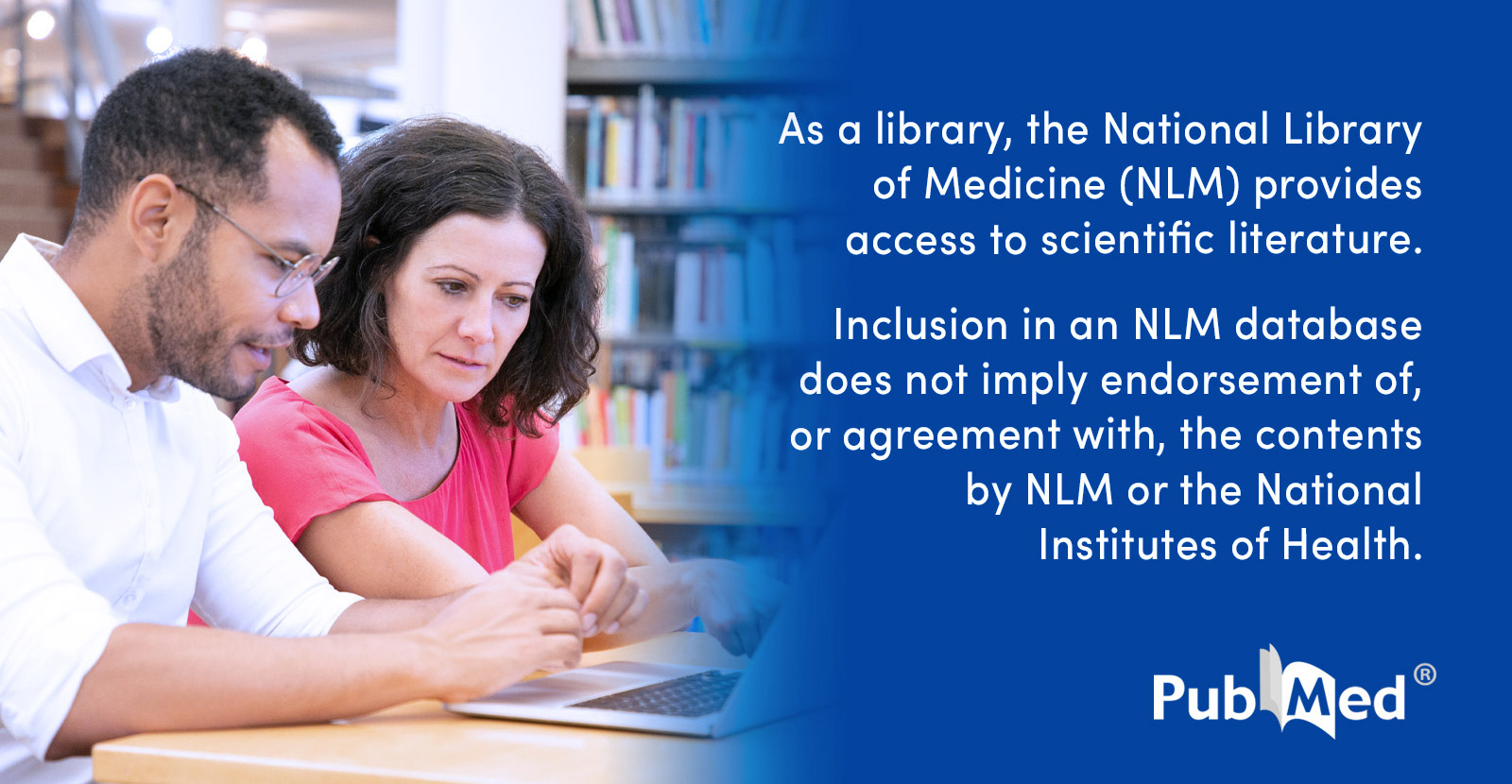Loss of friendship following traumatic brain injury: A model grounded in the experience of adults with severe injury.
Autor: Douglas, Jacinta
Publication year: 2020
Neuropsychological rehabilitation
issn:1464-0694 0960-2011
doi: 10.1080/09602011.2019.1574589
Abstract:
Relationships make important contributions to wellbeing and maintenance of self-worth. For those who sustain traumatic brain injury (TBI), life is frequently characterized by declining interpersonal relationships. The aim of this study was to understand the post-injury experience of friendship from the perspective of adults with severe TBI. Participants were 23 adults who had sustained severe TBI on average 10 years earlier; the majority was between 25 and 45 years old. The experience of friendship was explored using a convergent mixed methods design (quantitative self-report measures and in-depth interviews). Qualitative analysis of interview transcripts employed open and focussed coding to reveal themes and categories. Participants nominated on average 3.35 (SD 2.19) friends. When paid carers and family members were excluded, the mean dropped to 1.52 (SD 1.38). Exploratory correlations between number of friends and quality of life, depression and strong-tie support revealed significant associations of moderate to large effects. The post-injury experience of friendship was broadly conceptualized as “going downhill” with four overlapping phases: losing contact, being misunderstood, wanting to share and hanging on. Participants’ stories illustrated how rehabilitation can focus on friendship by supporting established relationships and facilitating access to activities that afford interpersonal encounters and opportunities to share experiences.
Language: eng
Rights:
Pmid: 30755079
Tags: Humans; Female; Male; Adult; Middle Aged; Young Adult; *Interpersonal Relations; Friends; Friends/*psychology; Social participation; *Social Participation; Brain injury; *Models, Psychological; Brain Injuries, Traumatic/*psychology/rehabilitation; Relationships; Social connection
Link: https://pubmed.ncbi.nlm.nih.gov/30755079/








